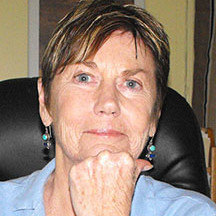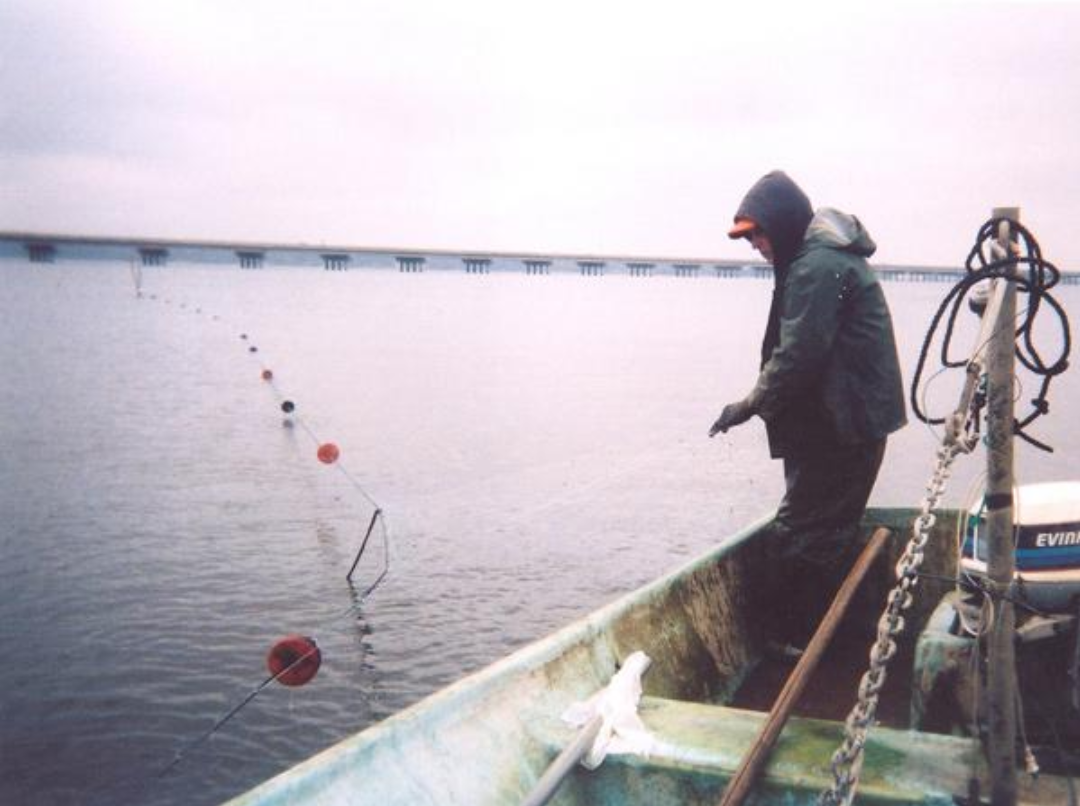North Carolina’s commercial fishermen are bracing for a fight over actions taken by the state's Marine Fisheries Commissioners that forced a ban on the use of all gillnets in the Neuse and Pamlico rivers.
The controversial action was a follow-up to a February meeting where a no-possession limit of striped bass was put into place, which is essentially a closed-season for both commercial and recreational fishermen in Central Southern Management Area of the state. At the same meeting, the commission requested that Department of Marine Fisheries Director Steve Murphey issue an additional proclamation restricting the use of all gillnets in the Neuse and Pamlico rivers. Murphey chose not to issue the proclamation.
In a March 4 letter to the commission, Murphey wrote that he carefully considered the issue but concluded that scientific data does not support the management measure.
"While I respect the concerns of both the public and the MFC, after careful consideration I have concluded that such a measure is not supported by the scientific data that support gill nets as the primary or even the most significant source of discard mortality," he wrote.
Gillnets are not the primary or even the most significant source of discard mortality in the Central Southern Management Area striped bass fishery, according to the department.
“This letter and Supplement A acknowledge discards in both the recreational and commercial industry, but it also points out that gill net restrictions already in place have resulted in significant reductions in striped bass discards and that recreational discards are increasing in recent years,” said Murphey.
Murphey’s decision sparked a call by five commissioners for an emergency meeting. The result, approved by a 5-4 vote, was a motion to direct Murphey to issue a similar, if not identical, proclamation prohibiting the use of all gillnets above what are known as the ferry lines, in areas of the Pamlico and Neuse Rivers.
Once the commission votes under this provision to direct issuance of a proclamation, the fisheries director has no discretion to choose another management option and is bound by law to follow the commission decision. In these cases, under existing law, the decision of the commission to direct the director to issue a proclamation is final and can only be overruled by the courts.
“I have talked to the secretary of the Department of Environmental Quality, and the secretary has talked to the Governor’s Office, and the secretary does not agree with the approach for this proceeding,” said Mr. Murphey.
This proclamation will remain in place until the Striped Bass Amendment for the Central Southern Management Area is completed - approximately two years.
The oldest and largest lobby group for North Carolina’s commercial industry, is outraged at what it views as a move to “force” the DMF Director to issue the proclamation.
“The North Carolina Fisheries Association believes the Commission acted in bad faith showing total disregard for the facts and science that was presented to them,” said Glenn Skinner, director of the North Carolina Fisheries Association. “We are currently exploring options for challenging their actions.”
N.C. Department of Environmental Quality Secretary Michael S. Regan also weighed in on the controversial move.
“I am disappointed by the Marine Fisheries Commission calling an emergency meeting with only 48 hours notice for a non-emergency. The Commission used bad judgment in directing the Division of Marine Fisheries Director to take actions that contradict science and the recommendations of the division’s scientists,” wrote Regan on the agency’s website. “I certainly hope this is not a precedent we will see again from this Commission.”
Regan further noted, “the statute empowering the Marine Fisheries Commission to direct issuance of gill net bans in certain areas does not authorize the Secretary or the Department discretion to overturn such a directive.”







